CBG vs. CBD for Anxiety: Which One Is More Calming?

With over 40 million or nearly 20% of American adults suffering from anxiety disorders, it’s not hard to see why people are looking for solutions to manage symptoms. While pharmaceutical prescriptions are often used to this end, they don’t always produce the desired effects.
For this reason, many people turn to natural solutions in an attempt to manage anxiety symptoms, with various cannabinoids being at the forefront, mainly CBG and CBD. As we’ll see below, in their own ways, these cannabinoids have the potential to relieve symptoms related to anxiety.
While they share some common benefits, each offers unique effects that might meet different needs. This guide covers what CBG and CBD are, how they work in your body, and what current research suggests about their role in managing anxiety.
Keep reading our CBG vs CBD for anxiety guide to find out which of these two cannabinoids works best to relieve your symptoms. Hint** it might just be the combination of both that works best!
Let’s get started by discussing the basics of CBG and CBD.
Key Takeaways
-
CBG and CBD interact with the endocannabinoid system (ECS) but in different ways, leading to unique effects on anxiety relief.
-
CBG may enhance mental clarity and reduce focus-related anxiety by influencing GABA and dopamine levels.
-
CBD supports serotonin and anandamide regulation, which may promote relaxation and emotional stability.
-
The combination of CBG and CBD may provide a balanced approach to managing stress and anxiety.
-
Dosing recommendations vary, but starting with a low dose and adjusting based on personal response is ideal.
-
Using high-quality, lab-tested cannabinoid products is essential for safety and effectiveness.
CBG and CBD: The Basics
Cannabinoids are naturally occurring compounds found in cannabis plants that interact with the body’s endocannabinoid system (ECS), a regulatory network that influences mood, stress, sleep, and overall balance.
Among these compounds, CBD (Cannabidiol) and CBG (Cannabigerol) are two of the most widely studied, each offering unique benefits for promoting well-being and potentially easing anxiety. Let’s take a closer look at what exactly cannabinoids are.
What Are Cannabinoids?
Cannabinoids are bioactive compounds that interact with the Endocannabinoid System (ECS), a network of receptors and neurotransmitters responsible for maintaining homeostasis within the body. This system regulates mood, sleep cycles, immune response, and stress management.
The ECS consists of two primary receptor types:
-
CB1 receptors, predominantly found in the brain and central nervous system, regulate mood, cognition, and pain perception.
-
CB2 receptors in the immune system and peripheral tissues are more involved in inflammation and immune function.
Compounds like CBD and CBG either bind to or influence these receptors, helping to support balance and overall wellness. While both cannabinoids interact with the ECS, they do so in different ways, leading to distinct effects on the body and mind.
Let’s now take a closer look at CBG.
All About CBG
CBG, or cannabigerol, is often referred to as the "mother cannabinoid" because it serves as the precursor to other cannabinoids, including CBD (cannabidiol) and THC (tetrahydrocannabinol). During the early stages of a hemp plant’s growth, CBG exists primarily in its acidic form, cannabigerolic acid (CBGa).
As the plant matures, CBGa transforms into other cannabinoids through enzymatic processes, leaving only small amounts of CBG in the final plant. Because of this, CBG is considered a rare cannabinoid, and it is often extracted from younger hemp plants to obtain higher concentrations.
One of the unique aspects of CBG is its direct interaction with the endocannabinoid system (ECS). Unlike CBD, which primarily influences cannabinoid receptors indirectly, CBG binds directly to both CB1 and CB2 receptors.
This direct binding may contribute to its potential effects, including increasing anandamide, a neurotransmitter associated with mood regulation, stress response, and overall emotional balance.
While research on CBG is still emerging, early studies suggest it may have anti-inflammatory, antibacterial, neuroprotective, and appetite-stimulating properties.
Furthermore, CBG has been studied for its potential to reduce stress and promote relaxation without the intoxicating effects of THC. Its interaction with the ECS and other neurotransmitter systems makes it a promising cannabinoid for various applications, with ongoing research exploring its full therapeutic potential.
Let’s now take a closer look at CBD.
The Basics of CBD
CBD, or cannabidiol, is one of the most well-known cannabinoids found in the hemp plant. Unlike THC (tetrahydrocannabinol), CBD is non-intoxicating, meaning it does not produce a “high.” Instead, it is widely recognized for its potential therapeutic benefits, which have made it a popular choice for wellness and medicinal applications.
CBD interacts with the Endocannabinoid System (ECS) primarily by indirectly influencing CB1 and CB2 receptors rather than binding to them directly.
This interaction helps regulate mood, stress response, immune function, and overall homeostasis. CBD is also known to modulate serotonin receptors (5-HT1A), GABA receptors, and vanilloid receptors, contributing to its potential calming and pain-relieving effects.
Extensive research has explored CBD’s possible benefits, which include reducing inflammation, relieving pain, supporting sleep, promoting relaxation, easing stress, and offering neuroprotective properties.
Furthermore, CBD has gained significant attention for its potential to support mental well-being and reduce symptoms of chronic conditions. Its versatility, combined with its lack of psychoactive effects, makes CBD a widely used cannabinoid in both medical and wellness-focused products.
Although we’ve covered the basics, let’s now discuss how both CBG and CBD may work to reduce symptoms related to anxiety.
How CBG Works for Anxiety
Through its interaction with the ECS, mainly CB1 and CB2 receptors, CBG has great potential to reduce anxiety by affecting GABA, cortisol, and anandamide levels, among other functions.
Here’s how CBG might help reduce your anxiety.
Enhancing Anandamide ("The Bliss Molecule")
Anandamide is an endocannabinoid that plays a key role in mood regulation, emotional balance, and stress response. Higher levels of anandamide are associated with reduced anxiety and improved well-being.
CBG may help prevent the breakdown of anandamide by inhibiting the enzyme fatty acid amide hydrolase (FAAH), leading to prolonged calming effects in the brain, as evidenced by this study.
Regulating Cortisol Levels
Cortisol is the primary stress hormone, and elevated cortisol levels are often linked to chronic stress, anxiety, and difficulty relaxing.
By interacting with CB1 and CB2 receptors in the hypothalamic-pituitary-adrenal (HPA) axis, CBG may help regulate cortisol production, preventing excessive stress responses and promoting a sense of calm.
Influencing GABA Activity
GABA (gamma-aminobutyric acid) is the brain’s primary inhibitory neurotransmitter. It reduces excessive neural activity and promotes relaxation.
Low GABA levels are associated with heightened anxiety, restlessness, and difficulty sleeping. CBG may enhance GABA signaling, similar to certain anti-anxiety medications, by promoting a more balanced nervous system response.
Supporting Serotonin Function
Although research is still emerging, preliminary studies indicate that CBG may influence serotonin receptors (5-HT1A), crucial in mood stabilization and anxiety regulation. By modulating serotonin activity, CBG may contribute to feelings of well-being and reduced emotional distress.
Anti-Inflammatory and Neuroprotective Effects
Chronic inflammation and oxidative stress in the brain have been linked to anxiety disorders. CBG exhibits anti-inflammatory and neuroprotective properties, which may help support a healthier brain environment, reducing the likelihood of anxiety symptoms.
By interacting with multiple biological pathways, including anandamide, cortisol, GABA, serotonin, and inflammation, CBG shows promise as a potential natural remedy for managing anxiety. While more research is needed, these mechanisms suggest that CBG may help promote relaxation, emotional balance, and resilience to stress.
Now, let’s discuss how CBD may help reduce anxiety symptoms.
How CBD Works for Anxiety
CBD supports the endocannabinoid system (ECS) by preventing the breakdown of endocannabinoids like anandamide, which helps regulate mood and stress. CBD may also affect serotonin, dopamine, and cortisol, among other substances in the human body related to stress and anxiety.
Here’s how CBD might help reduce your anxiety symptoms.
Indirect Receptor Interaction
Rather than binding directly to CB1 or CB2 receptors, CBD inhibits FAAH, the enzyme that breaks down anandamide.
This allows anandamide to remain active longer, promoting a sense of calm. By supporting the body’s regulatory mechanisms, CBD helps maintain a stable emotional state and reduces excessive nervous system activity linked to anxiety.
Influence on Serotonin
CBD interacts with serotonin 5-HT1A receptors, which play a key role in mood regulation. By enhancing serotonin signaling, CBD may mimic the effects of SSRIs, helping to alleviate stress and promote emotional stability.
This modulation of serotonin pathways provides a natural approach to reducing anxiety symptoms, supporting a more relaxed and positive mental state without significant side effects.
The study “Chronic administration of synthetic cannabidiol induces antidepressant effects involving modulation of serotonin and noradrenaline levels in the hippocampus” provides strong evidence that CBD increases serotonin levels.
Modulation of the Stress Response
CBD may help regulate the body’s stress response by lowering cortisol levels. Chronic stress leads to excessive cortisol release, contributing to anxiety and restlessness.
As indicated by this study, CBD can help prevent the physiological effects of prolonged stress by reducing cortisol production. This leads to improved resilience against daily stressors and a more balanced emotional response.
Influence on Dopamine and Reward Processing
Dopamine plays a critical role in motivation, pleasure, and reward. Imbalances in dopamine signaling can contribute to anxiety and restlessness.
CBD supports dopamine regulation by influencing receptor activity, potentially reducing excessive nervousness while maintaining motivation and focus, as evidenced by this study entitled “Cannabidiol and brain function: current knowledge and future perspectives.”
This effect may be particularly beneficial for individuals dealing with performance-related anxiety or social anxiety.
Effects on GABA and Neurotransmitter Balance
GABA is the brain’s primary inhibitory neurotransmitter, responsible for calming excessive neural activity. CBD can enhance GABAergic function, similar to benzodiazepines, but without the dependency risk.
By increasing GABA levels, CBD helps quiet racing thoughts and relax the nervous system, making it easier to manage stress and anxiety in a natural and non-sedating way.
Neuroprotective and Anti-Inflammatory Effects
Neuroinflammation can contribute to anxiety by disrupting neurotransmitter function. CBD’s potential anti-inflammatory properties help reduce neuroinflammation, supporting overall brain health and emotional stability.
Additionally, CBD’s neuroprotective effects may safeguard against long-term stress-related damage, further promoting a sense of well-being and reducing the likelihood of chronic anxiety symptoms.
Promoting Sleep and Relaxation
Anxiety often disrupts sleep, creating a vicious cycle of stress and fatigue. CBD supports better sleep by reducing nighttime cortisol levels and promoting relaxation.
By helping regulate sleep-wake cycles, CBD may improve overall rest quality, leading to better emotional regulation and reduced anxiety throughout the day. This study indicates that CBD is ideal for treating issues related to both a lack of sleep and anxiety.
Choosing the Right Solution for Your Anxiety
Managing anxiety requires a personalized approach, and both CBD and CBG offer unique benefits tailored to different needs. Knowing which to use can help you align your choice with your lifestyle and anxiety patterns.

Here’s when to choose either CBG or CBD:
When to Choose CBG
CBG is best for situations that require mental clarity, energy, and focus without sedation. It interacts with CB1 and CB2 receptors, influences dopamine levels, and has mild GABA effects, making it ideal for potentially managing anxiety that interferes with concentration and motivation.
CBG is suited to the following situations:
-
Daytime Anxiety: Helps manage stress at work or during a busy schedule without drowsiness.
-
Focus-Related Anxiety: Supports clear thinking and reduces intrusive, anxious thoughts.
-
Social Situations: Promotes relaxation and confidence without reducing alertness.
When to Choose CBD
CBD is better suited for broad relaxation, stress relief, and mood stabilization. It can potentially enhance GABAergic activity, boost serotonin signaling, and reduce cortisol levels, making it ideal for chronic stress and evening anxiety.
-
Evening Anxiety: Helps unwind after a long day and prepares the body for rest.
-
Sleep-Related Anxiety: Reduces racing thoughts and tension that interfere with sleep.
-
General Stress: Offers all-day balance, helping to ease physical and mental symptoms of anxiety.
Our Science-Backed Solutions: The Best CBD and CBG Products for Anxiety
Here at Mellow Fellow, we pride ourselves on providing our customers with a massive selection of premier cannabinoid products, including plenty of CBD and CBG.
Here are some of our best options for managing those anxiety symptoms.
Creativity Blend: Best for Boosting Focus & Inspiration
This hybrid disposable vape features HHC, Delta 8, CBD, CBG, and Delta 10, offering an uplifting yet balanced experience.
Infused with the White Widow strain, it delivers deep, woody, and herbal flavors that can help ease mental tension while sparking creativity.
Related Products
It’s Ideal for those experiencing stress-related brain fog or needing an anxiety-free way to stay productive and inspired.
Rest Blend Gummies: Ideal for Winding Down
These CBN, CBG, and CBD gummies are designed for relaxation and nighttime use.
Each 50mg gummy features a tropical medley of pineapple, mango, and citrus flavors that makes de-stressing an enjoyable experience.
With 1500mg total cannabinoids per container, these gummies promote calmness and restful sleep, making them perfect for those who struggle with nighttime anxiety or restlessness.
Van Gogh’s Creativity Blend: Great for Artistic Energy
These HHC, Delta 10, CBG, Delta 8, and CBD pre-rolls feature the Super Silver Haze strain, offering a citrus and skunky aroma that enhances creativity and energy.
These are ideal for social settings or artistic projects, this sativa blend delivers a focused, anxiety-free experience, helping users feel engaged, motivated, and inspired without feeling overstimulated.
Creativity Blend Gummies: Best for Mental Clarity
These infused gummies combine Delta 8, HHC, Delta 10, CBD, and CBG, offering a juicy watermelon, strawberry, and fruit punch flavor.
With 50mg per gummy, they support calm concentration, making them great for handling anxiety while maintaining focus.
They’re perfect for those who need to stay relaxed yet alert, whether working on creative projects or navigating stressful tasks.
Clarity Blend Gummies: Best for Mental Sharpness
Formulated with THCv, HHC, Delta 8, CBD, and CBG, these gummies offer a blend designed to clear mental fog and boost energy.
Each 50mg gummy is infused with fruit punch flavors, providing an enjoyable way to enhance focus and reduce anxious distractions.
These are great for people who experience stress-induced mental fatigue and need a natural way to stay sharp.
Rest Blend Vape: Best for Deep Relaxation
This disposable vape combines CBD and CBN, creating a formula that deeply relaxes the body and mind.
Featuring a sweet Blue Razz flavor, it’s ideal for evening use or winding down after a stressful day.
Designed for those dealing with chronic stress or difficulty sleeping, it wraps users in a soothing, anxiety-free calm without grogginess.
Happy Blend Vape: Best for Mood Balance
This disposable vape combines CBD, CBG, H4CBD, and CBN for a balanced, uplifting effect.
The cotton candy flavor adds a touch of sweetness, complementing the blend’s ability to ease stress while keeping energy levels steady.
It’s ideal for those looking to stabilize mood and combat daytime anxiety, it offers relaxation without drowsiness, making it great for social settings.
Elevate Gummies: Best for Stress Relief & Joy
These Full-Spectrum CBD, CBG, CBC, and CBDv gummies feature 2000mg of cannabinoids per container.
Infused with tropical medley flavors, they provide a full-body calming effect while boosting mood.
These are great for those dealing with stress-induced anxiety, they offer a way to stay relaxed yet uplifted, making them great for everyday relief.
Let’s now take a look at why combining CBG and CBD for anxiety might be a good idea.
The Benefits of Combining CBG and CBD
Since each compound interacts with the body in different ways, combining them offers a more balanced and effective approach to managing anxiety.
CBG and CBD complement each other’s mechanisms of action. CBG binds directly to CB1 and CB2 receptors, helping to regulate mood and stress responses, while CBD modulates serotonin activity and supports the endocannabinoid system.
This combination results in a deeper, more well-rounded calming effect, possibly helping to ease both mental and physical symptoms of anxiety to a much greater degree.
The combination also ensures a balanced experience. CBG’s mild stimulating properties prevent the drowsiness sometimes associated with CBD, while CBD tempers CBG’s energizing effects, creating a steady sense of relaxation without sedation.
This makes the duo particularly beneficial for those looking to manage anxiety throughout the day without compromising focus or energy.
By working together, CBG and CBD provide a more comprehensive approach to emotional stability and stress management. If one cannabinoid alone is effective, it stands to reason that using them together could enhance their benefits even further, offering a stronger and more adaptable solution for anxiety relief.
Usage Guidelines and Best Practices
Effectively using cannabinoids like CBG and CBD involves thoughtful dosing and consistent habits. Following these guidelines can help you achieve relief from anxiety while minimizing any potential drawbacks.
Let’s start by talking about dosing.
Recommended Dosing
In terms of dosing, if you are a beginner, it’s recommended to start with between 10mg and 20mg of CBG and/or CBD (if combining the cannabinoids, use 10mg of each).
Allow up to 90 minutes for the cannabinoids to take effect, and if necessary, you may repeat with a second dose.
In terms of frequency, remember that CBD and CBG, when taken in edible form, may last for anywhere between six to eight hours. Therefore, if you are seeking long-lasting relief, taking a dose early in the morning, around midday, and before bed will likely produce the best results.
However, if you are vaping, remember that the effects are rather immediate, but may only last for a few hours. When vaping, take a puff or two and see how it feels before taking more. For the best results, you may need to readminister every two to four hours.
Tips for Best Results
Here are some quick tips on making the most out of using CBD and/or CBG to manage anxiety symptoms:
-
Begin with the smallest recommended dose, especially if you’re new to cannabinoids. Increase gradually only if needed.
-
Use CBG during the day for its energizing effects; reserve CBD for evenings if relaxation or improved sleep is your goal.
-
Take your chosen product at the same time daily. This helps your body adapt to the cannabinoids and enhances their effects over time.
-
Keep yourself hydrated while using cannabinoids to prevent dry mouth or mild dehydration, which are occasional side effects.
-
Maintain a simple log of your doses and effects; this can help you find the ideal dosage and product for your needs.
All of that said, where’s the best place to get all of your CBG and CBD products?
Choosing Mellow Fellow for Your CBD and CBG Needs: Quality and Safety Assurance
Quality and safety are top priorities when it comes to cannabinoids like CBG and CBD, and Mellow Fellow always adheres to the highest standards.
Here’s why Mellow Fellow is the best place to purchase safe, pure, and reliable cannabinoids.
Our Testing Standards
-
Lab Testing: Every batch goes through third-party lab testing. This verifies potency and ensures it's free from contaminants, such as pesticides, heavy metals, and solvents.
-
Quality Control: We maintain strict protocols during production to guarantee that each product delivers the advertised level of cannabinoids. Ingredients are sourced responsibly and managed under precise conditions.
-
Transparency: We provide Certificates of Analysis (COAs) for all products; these documents detail cannabinoid content and lab results. You can verify that the product matches its claims with these reports.
Final Thoughts on CBD vs CBG for Anxiety
When it comes to CBG vs CBD for anxiety, both cannabinoids bring unique benefits to the table. CBD is widely recognised for its ability to support serotonin levels, lower cortisol, and promote relaxation, making it a great choice for general anxiety and stress relief.
Meanwhile, CBG directly interacts with CB1 and CB2 receptors, which may help with focus-related anxiety, mental clarity, and mood balance without causing drowsiness.
Many find that combining CBD and CBG offers a more well-rounded experience, balancing the calming effects of CBD with the mental clarity and stress resilience of CBG. The duo may help regulate stress responses while avoiding excessive sedation, making it an effective natural alternative for those looking to manage daily anxiety.
Ultimately, the best choice depends on your lifestyle, stress triggers, and personal preferences. Whether you opt for CBG, CBD, or both, a thoughtful approach to dosing and consistency will help you achieve optimal relief. With high-quality cannabinoid products, you can explore the benefits of each and determine the best fit for your needs.
Find all of the best CBD and CBG products at Mellow Fellow.
Frequently Asked Questions
How Does CBG Compare to CBD in Terms of Energy and Focus?
CBG is often reported to provide a mild energy boost and enhance focus, making it a better option for daytime use. Unlike CBD, which leans toward relaxation, CBG interacts directly with CB1 receptors and dopamine pathways, which may help with mental clarity and motivation.
Can I Take CBG and CBD Together for Anxiety?
Yes, combining CBG and CBD may create a synergistic effect, offering the benefits of both cannabinoids without excessive sedation. CBG helps with focus and mood balance, while CBD supports relaxation and stress reduction. This combination may be especially useful for managing anxiety throughout the day.
Is CBG Better Than CBD for Social Anxiety?
For social anxiety, it depends on your needs. CBG may help with confidence and focus in social settings by interacting with dopamine and GABA receptors. CBD, on the other hand, has calming effects that may help reduce nervousness before social interactions. Some people prefer a combination of both for the best results.
How Does CBN Compare to CBG and CBD for Anxiety?
In the CBD vs CBG vs CBN for anxiety comparison, CBN is typically more sedating, making it better suited for sleep-related anxiety. While CBG enhances focus and CBD supports stress regulation, CBN works well as a nighttime relaxant for those struggling with restlessness and sleep disturbances.
Can CBG or CBD Cause Drowsiness?
CBD is more likely to cause drowsiness, particularly at higher doses, due to its effects on GABA and serotonin receptors. CBG, on the other hand, tends to be more energizing, making it a better choice for those who want anxiety relief without feeling sleepy.
Sources
-
Pharmacological Aspects and Biological Effects of Cannabigerol and Its Synthetic Derivatives - PMC
-
Beyond the CB1 Receptor: Is Cannabidiol the Answer for Disorders of Motivation? - PMC
-
New Research Explores the Effects of Cannabidiol on General Health
-
Cannabidiol enhances anandamide signaling and alleviates psychotic symptoms of schizophrenia - PMC
-
Enhancing Endocannabinoid Control of Stress with Cannabidiol - PMC
-
Frontiers | Cannabidiol and brain function: current knowledge and future perspectives
-
GABAergic Neurotransmission in Human Tissues Is Modulated by Cannabidiol - PMC
Disclaimer: The content provided on this blog is for informational and entertainment purposes only and is not intended as medical advice, diagnosis, or treatment. Always seek the advice of a qualified healthcare professional regarding any medical condition or treatment, including the use of CBD or other supplements. The information presented is based on general research and should not replace personalized guidance from a licensed medical provider. Use of this blog and its content is at your own risk. Mellow Fellow assumes no liability for decisions made based on the information provided.
Explore Other Articles
View allExplore more
- 11 hydroxy thc
- Blends
- blunt
- burn blend
- cannabinoids
- cartridge
- CBD
- cbg
- CBN
- Charged Blend
- Clarity Blend
- Concentrates
- Connection Blend
- Creativity Blend
- Dabs
- delta
- delta 10
- delta 11
- delta 8
- Delta 8 thc
- delta 9
- delta 9 thc
- Delta-10-THC
- Delta-11-THC
- delta-8
- Delta-8-THC
- Delta-9-THC
- delta9
- Desire Blend
- destination series
- Diamonds
- disposable
- disposable vape
- Dream Blend
- dry january
- edibles
- elevate blend
- entourage
- entourage effect
- entourage effects
- Euphoria Blend
- focus
- gummies
- H4CBD
- halloween
- hemp
- hemp-derived
- HHC
- HHCp
- HTE
- Indica
- Introvert Blend
- lean
- legal
- Live Resin
- Live Resin cartridges
- m-fusions
- mechoulam
- momentum blend
- Motivation Blend
- preroll
- productivity
- raphael mechoulam
- Recover Blend
- Relief
- sleep
- strain review
- terp sauce
- Terpenes
- Thanksgiving
- thc
- THC beverage
- THC Drink
- thc lean
- thc-p
- THCa
- THCa Flower
- THCb
- THCh
- THCm
- thcp
- THCp edibles
- THCv
- the elevate blend
- The Energy Blend
- The Happy Blend
- The Illuminate blend
- the momentum blend
- The Rest Blend
- Tranquility Blend
- vape
- vape cartridge
- Vapes
- wax
- wellness
- zkittlez


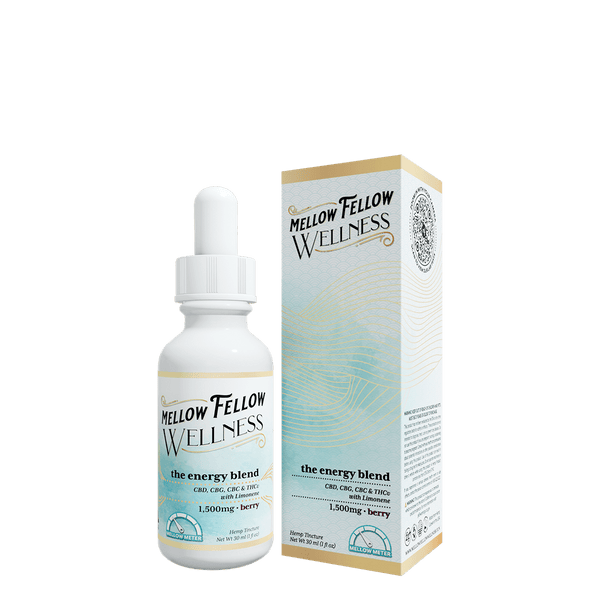
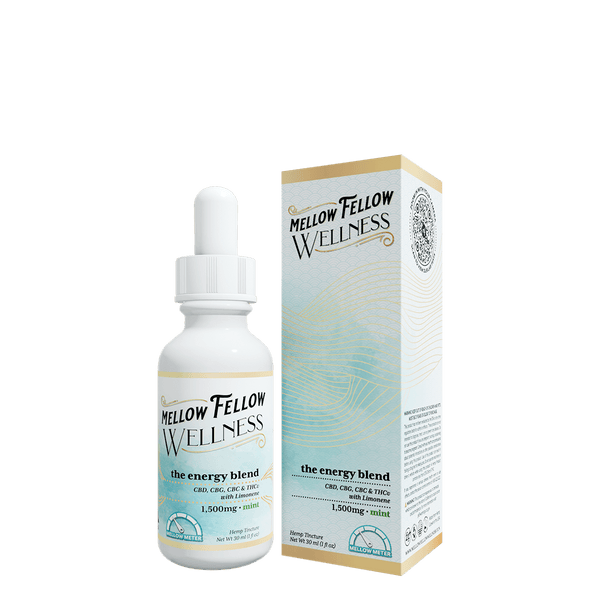
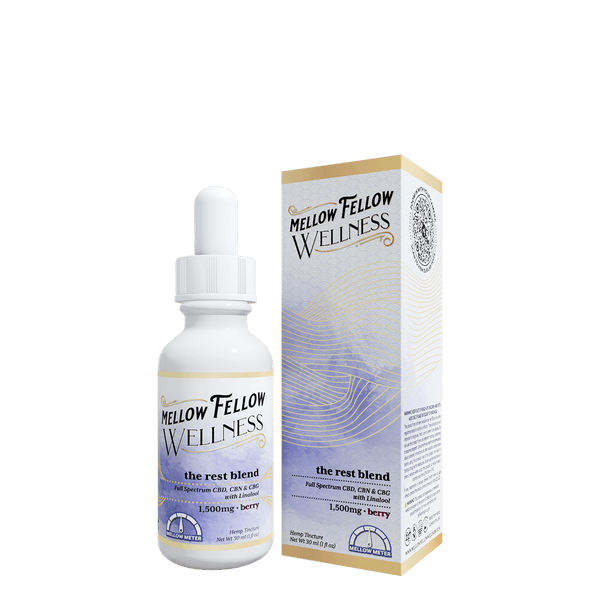
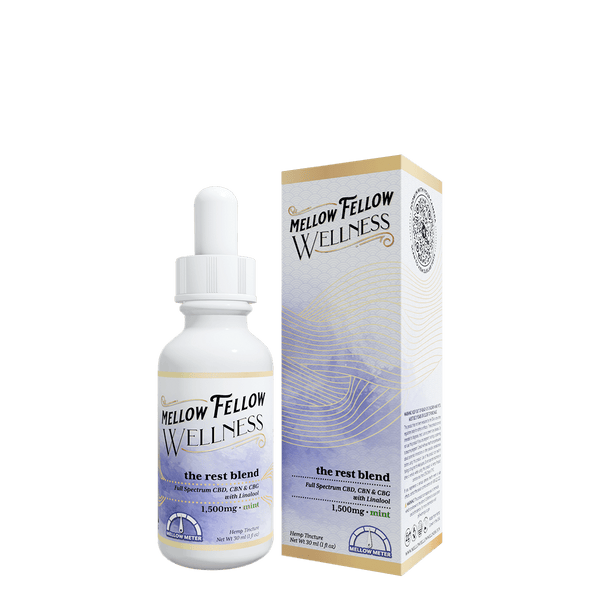
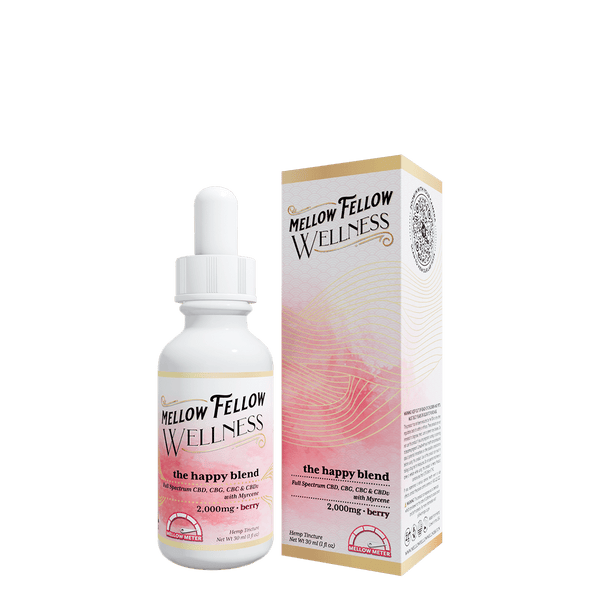
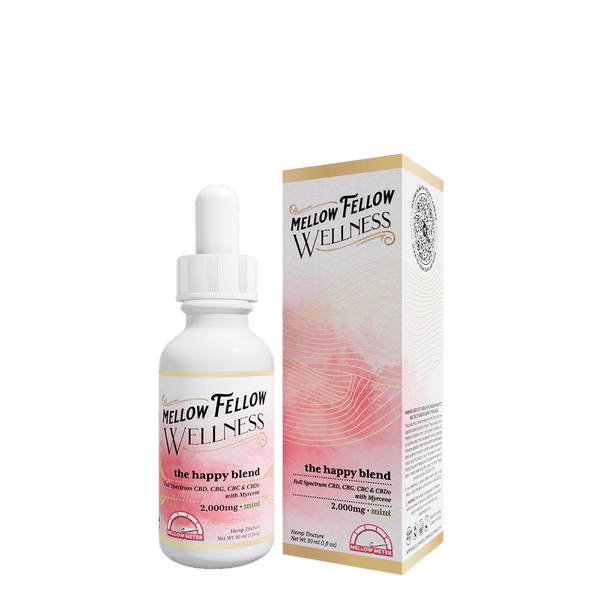










Leave a comment